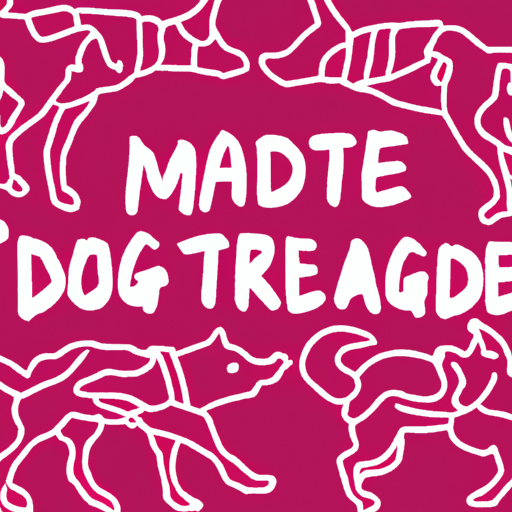In South Korea, dog meat farmers are facing mounting pressure as politicians and activists push to ban their trade. This comes amid an increasing public awareness of animal rights and concerns over the country’s international image. Nevertheless, farmers like Kim Jong-kil, who has run a dog meat farm for 27 years, are resisting the move.
The dog meat consumption, a centuries-old practice on the Korean Peninsula, is neither explicitly banned nor legalized in South Korea. Recently, the anti-dog meat campaign received a significant boost when the country’s first lady expressed her support for a ban, and two lawmakers submitted bills to eliminate the dog meat trade.
However, the prospects for the passage of an anti-dog meat law remain uncertain due to protests from farmers, restaurant owners, and others involved in the dog meat industry. While most people no longer consume dog meat, surveys suggest that one in three South Koreans opposes such a ban.
South Korea’s dog meat industry receives more international attention because of its reputation as a wealthy, ultra-modern democracy. It is also the only nation with industrial-scale farms. Most farms in South Korea have more than 500 dogs, according to a dog farmers’ association.
The controversy over the dog meat industry highlights increasing trends towards animal rights and ethical considerations in food production. As the debate continues, it remains to be seen whether South Korea will choose to outlaw the dog meat trade entirely or find a middle ground that respects both cultural practices and the growing call for animal rights.

